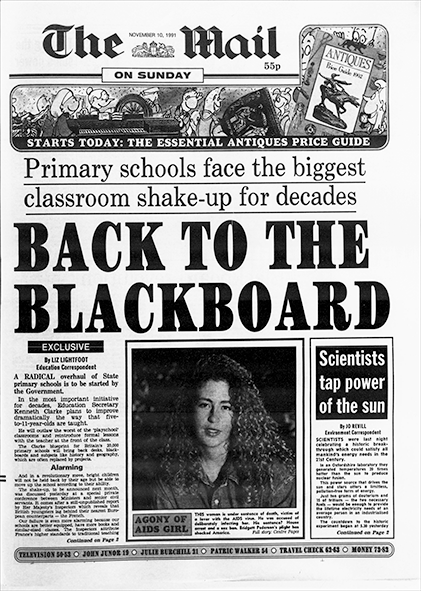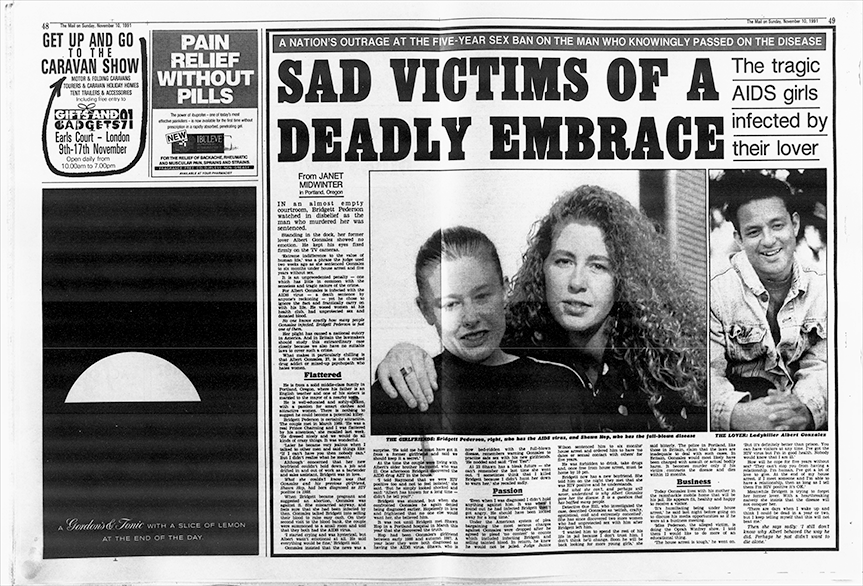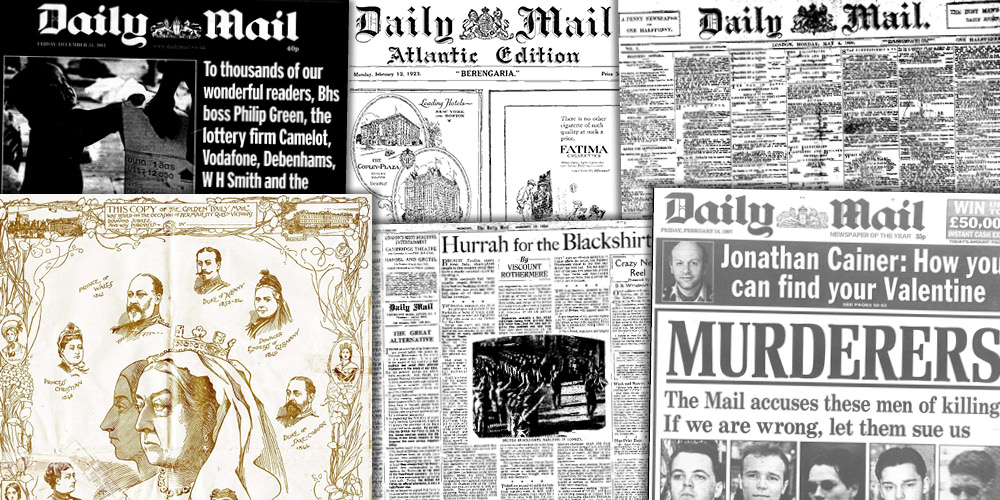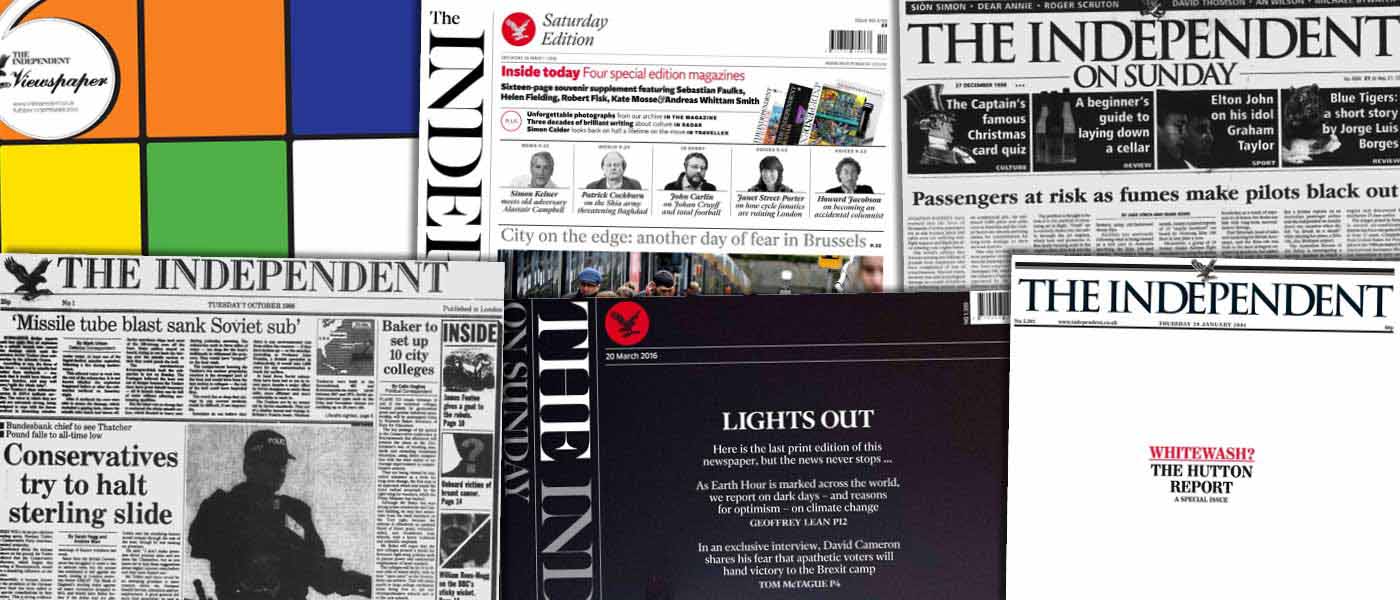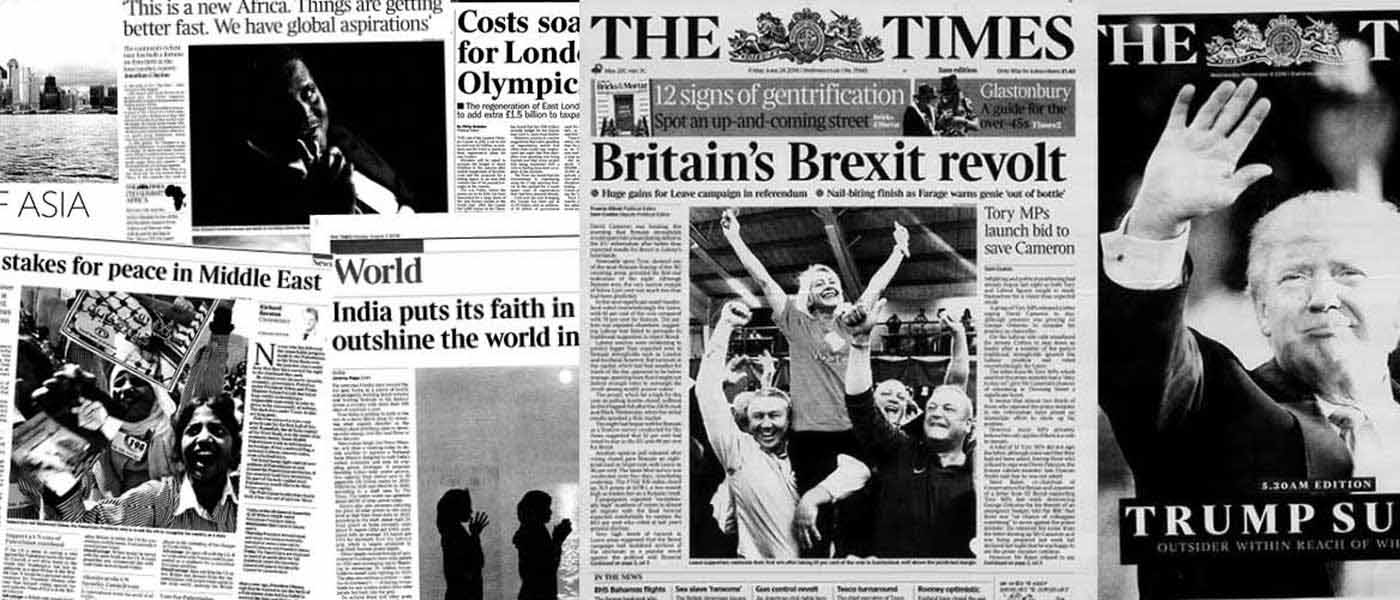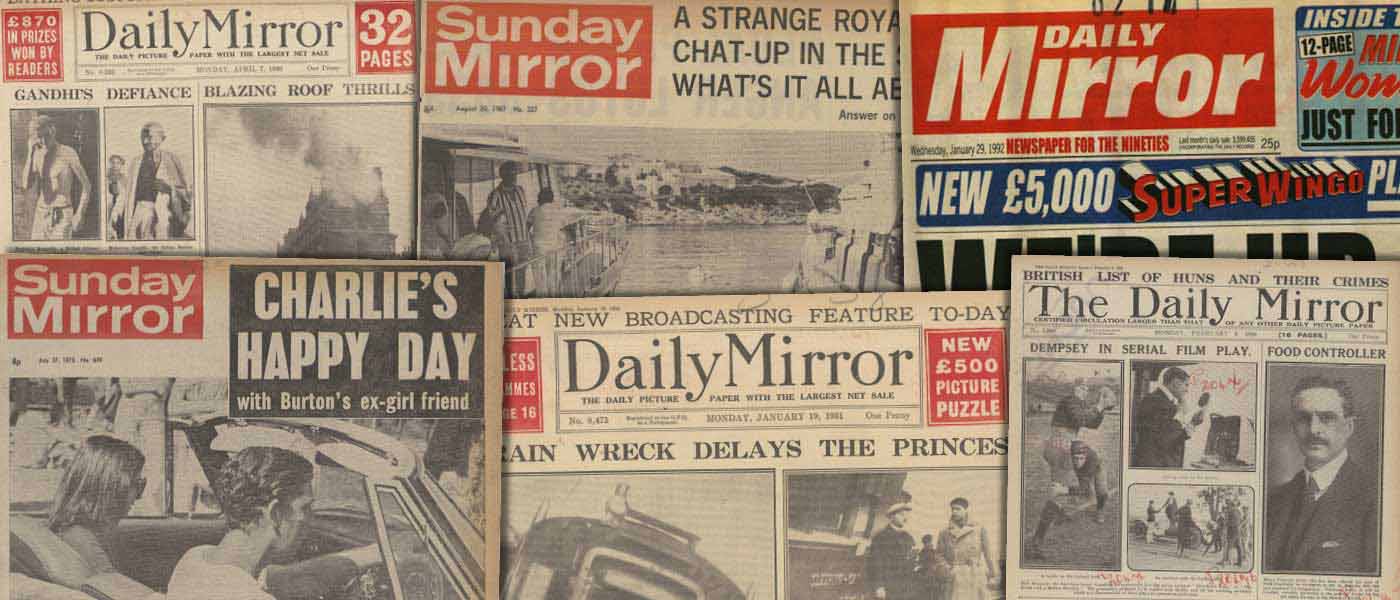Utilise over four decades of content from Britain's biggest selling Sunday newspaper to expand your understanding of conservative middle-class life and culture
Established in 1982 under the same ownership as, but editorially separate from, the Daily Mail, the Mail on Sunday has been one of the top UK Sunday newspapers for four decades. Generally conservative in its stance, journalists have included Piers Morgan, Peter Hitchens and conservative politician Norman Tebbit. It has covered British politics on the domestic and international stage through sometimes contentious or sensationalist tabloid journalism, from its launch during the Falklands War and the sweeping economic reforms of the Thatcher years to the controversial conflicts in the Middle East under the Blair premiership and the News International phone hacking scandal and subsequent Leveson inquiry in the 2000s.
With complete issues now made available digitally through the Mail on Sunday Historical Archive, researchers can follow prominent news stories and perspectives on the social trends and debates of the era.
Brief History of Launch
The Mail on Sunday was created in 1982 by Lord Rothermere as Chairman of Associated Newspapers, making it the first national Sunday title published by Associated Newspapers since 1961. After its launch, Sir David English, already editor at the Daily Mail, briefly became an editor for the Mail on Sunday, followed by Stewart Steven, who served as the newspaper’s editor from 1982 to 1992.
Key Themes
- “Popular” and International Politics: Established during the premiership of Margaret Thatcher, and Conservative in its stance, the Mail on Sunday has commented on the issues central to the Conservative Party in Britain. The newspaper has reported on key political concerns, both national and international, including the Miners’ Strike in the 1980s, IRA bombings, and the war on terror.
- Protest Movements: Marches such as the 2003 ‘Stop the War’ march against the war in Iraq and campaigns against the development of nuclear weapons are some of the protests covered by the Mail on Sunday, highlighting some of the key political and social attitudes in Britain since the 1980s.
- Entertainment and Culture: The Mail on Sunday has included dedicated pages to book and film reviews, as well as highlights from the latest television and radio programmes, articles on celebrities and public figures, and commentaries on the royal family.
- Sports Coverage: From racing to rugby, the Mail on Sunday has provided readers with the latest tournament results and commentaries on the most current issues in sports around the world.
- Business and Finance: The Mail on Sunday has offered articles covering the major financial and business developments since the 1980s, including the 2007-2008 financial crisis and its impact on everyday life.
Notable Contributors
Piers Morgan
Piers Morgan (1965 - ) is an English journalist, broadcaster, and television personality, who has contributed to the Mail on Sunday since 2008. Most recently, Morgan has reported on the political and celebrity affairs of the current day as a regular Events columnist. Morgan is also the US Editor for DailyMail.Com, as well as being an author of numerous books, and has his own talk show Piers Morgan Uncensored.
Norman Tebbit
British politician Norman Tebbit (1931 - ) was a member of the Conservatives, serving as an MP for Epping (1970-1974) and Chingford (1974-1992), as well as a Cabinet member from 1981 to 1987, during Margaret Thatcher’s premiership. After leaving the Cabinet in 1987, Tebbit sat in the House of Lords from 1992 until early 2022. Tebbit was a columnist for the Mail on Sunday between 1997 and 2001, alongside authoring multiple books.
Peter Hitchens
Peter Hitchens (1951 - ) is a journalist and author, and former foreign correspondent in Moscow and Washington, who has been contributing to the Mail on Sunday since 2000. Notably, Hitchens won the Orwell Prize for political journalism in 2010. Hitchens has a weekly column and his own blog with the Mail Online where his articles have covered a range of current affairs, including the Covid-19 pandemic and the ongoing war in Ukraine.
John Junor
Scottish journalist John Junor (1919-1997) wrote for the Mail on Sunday between 1990-1997, after leaving his position as editor-in-chief at the Sunday Express. Contributing as a columnist, Junor shared his time at the Mail on Sunday with other notable contributors such as Julie Burchill. In his earlier life, Junor stood for Parliament in Scotland for the Liberal Party.
Julie Burchill
Julie Burchill (1959 - ) started her journalism career at the age of 17, writing for multiple newspapers before becoming a columnist for the Mail on Sunday until 1998. Though having previously taken a favourable approach to Margaret Thatcher, Burchill used her column in the Mail on Sunday to encourage readers to vote for Labour in 1987. Since beginning her journalism career, Burchill has also gone on to write multiple novels.

Gale Primary Sources | Gale Review Blog
Archives Explored | Gale Digital Scholar Lab | Sign up for Updates

Look Inside
Additional Details
subjects covered
- British Studies
- Communication and Media Studies
- Gender & Women's Studies
- Journalism
- Politics
Platform Features & Tools
Term Frequency
Researchers can see the frequency of search terms within sets of content to begin identifying central themes and assessing how individuals, events, and ideas interact and develop over time.
Topic Finder
By grouping commonly occurring themes, this tool reveals hidden connections within search terms—helping to shape research by integrating diverse content with relevant information.
Cross-Search Capability
Search across the content of complementary primary source products in one intuitive environment, enabling innovative new research connections.


